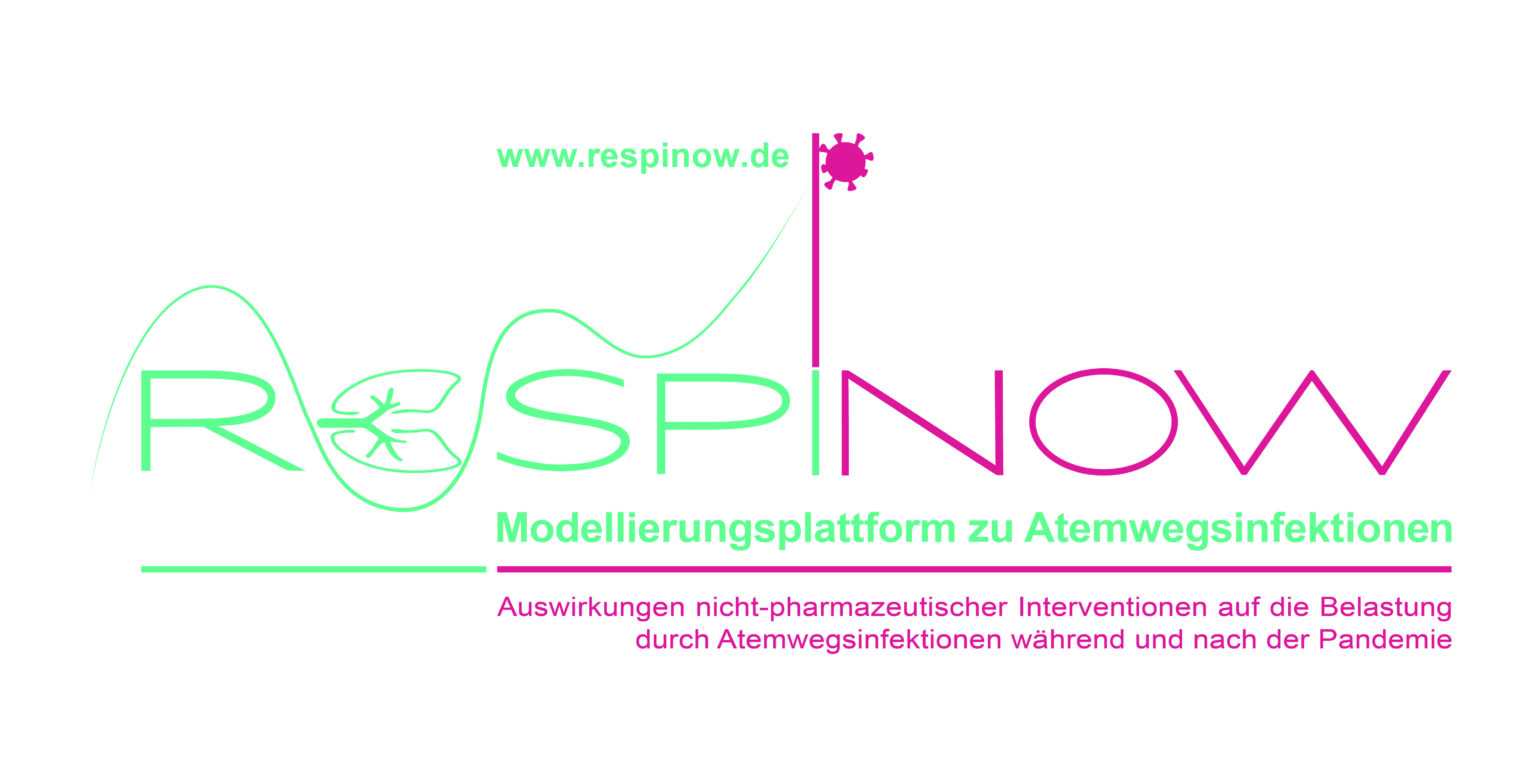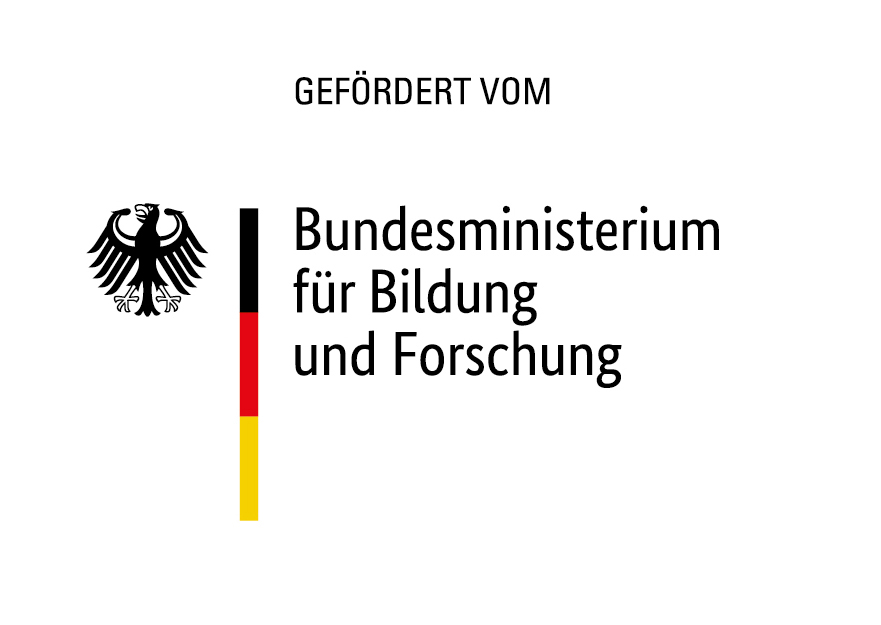
RESPINOW
Impact of non-pharmaceutical interventions on the burden of respiratory infections during and after the pandemic
Project content and objectives
This modeling consortium is investigating the medium- and long-term effects of non-pharmaceutical interventions (NPIs) used during the COVID-19 pandemic on respiratory infections such as respiratory syncytial virus, influenza and pneumococcal disease. The aim is to develop an integrated model to simulate the transmission of various respiratory infections and the collateral effects of NPIs on their medium- and long-term disease burden. The project is working with 10 partners from Germany and Poland to use evidence synthesis and population-based surveys to better understand the dynamics of respiratory infections during and after the pandemic and to create integrated modeling and a platform for short-term predictions.
Project structure
The RESPINOW project consists of various sub-projects that are working together to create an integrated model to simulate the transmission of various respiratory infections and to better understand the dynamics of these infections after the pandemic.
Subproject 1
Harmonization and analysis of available data to compile a global dataset on immunity markers, infection prevalence and disease burden of respiratory infections during and after NPIs
Subproject 2
Survey of the dynamics of RSV, influenza and pneumococcal diseases as well as contact behavior in a population-based cohort during and after the pandemic
Subproject 3
Modeling the spread of multiple pathogens under realistic conditions to quantify the impact of specific measures on the endemic balance
Subproject 4
Nowcasting and short-term forecasts for multiple respiratory diseases in real time
Project manager
- Dr. Berit Lange Head of Clinical Epidemiology, Department of Epidemiology, Helmholtz Centre for Infection Research
- PD Dr. Claudia Denkinger (TP1) Clinical Tropical Medicine, University of Heidelberg (UHD)
- Dr. Berit Lange (TP2) Head of Clinical Epidemiology, Department of Epidemiology, Helmholtz Centre for Infection Research
- Dr. Viola Priesemann (TP3) Max Planck Institute for Dynamics and Self-Organization, Göttingen (MPIDS)
- Prof. Melanie Schienle, Dr. Johannes Bracher (TP4) Max Planck Institute for Dynamics and Self-Organization, Göttingen (MPIDS)
Project partners
- Dr. Nicole Schneiderhan-Marra (TP2) Natural and Medical Sciences Institute, Tübingen (NMI)
- Dr. Rolf Kaiser (TP1,3,4) Department of Virology, University of Cologne (UCo)
- Prof. André Karch, Dr. Veronika Jaeger (TP1,2) Institute of Epidemiology and Social Medicine, University of Münster (WWU)
- Dr. Wolfgang Bock (TP3,4) Department of Mathematics, University of Kaiserslautern (UKa)
- Prof. Dr. Alexander Kuhlmann (TP3,4) Working Group for Health Economics and Health Services Research, Martin Luther University Halle-Wittenberg (MLU)
- Prof. Rafael Mikolajczyk, Dr. Cornelia Gottschick (TP1,3) Institute of Medical Epidemiology, Biometry and Medical Informatics, Martin Luther University Halle-Wittenberg (MLU)
- Prof. Dr. Michael Höhle (TP1,3,4) Department of Vaccination Prevention, Division of Infection Epidemiology, Robert Koch Institute (RKI)
- Research

